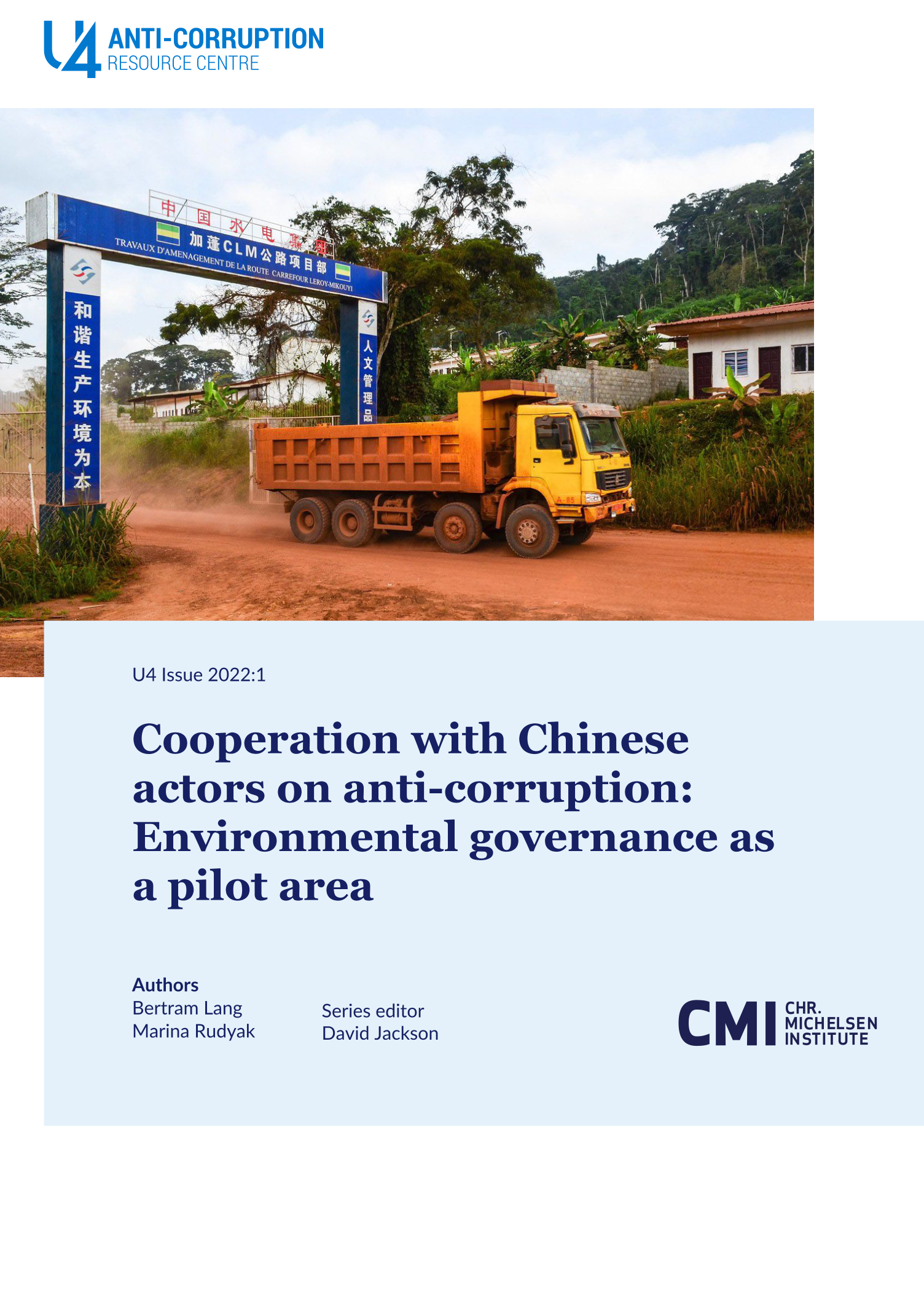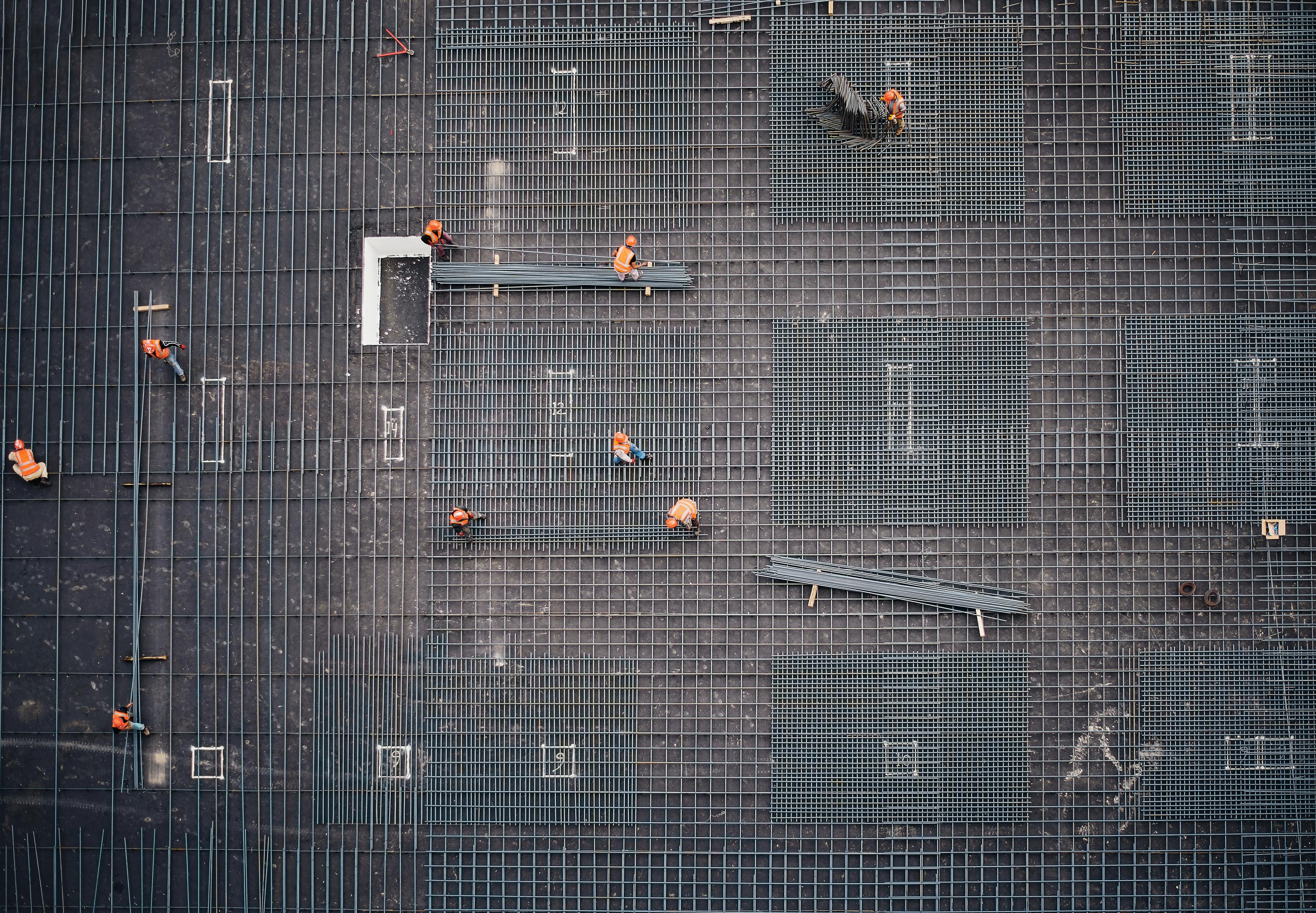Main points
- The opacity of China’s development finance system and the lack of binding standards create vast opportunities for bribery and embezzlement, which harm both host countries and Chinese lenders.
- China’s legal framework to control corruption and environmental risks in Chinese projects overseas remains weak, but policy commitments and soft regulations have been stepped up.
- We identified environmental governance as the field where the overlap between Chinese and Western interests appears highest, making this a promising area for Sino-Western cooperation.
- Trilateral development cooperation offers a pathway for mutual learning and gradual raising of standards. Cooperation offers should build on an understanding of bottlenecks in the Chinese system and donors’ candid appraisal of their own leverage.
- Promotion of integrity standards along transnational supply chains is a shared global responsibility. The European Union has significant leverage if it is willing to combine its market regulation power with dialogue and capacity-building mechanisms to raise governance standards.
- Another strategy is to build on instances of public mobilisation or even environmental litigation in host countries of corruption-prone projects. Instead of using backlashes as supposed proof of Chinese failure, U4 partners can initiate dialogue with stakeholders to strengthen preventive governance mechanisms.



